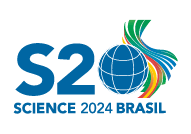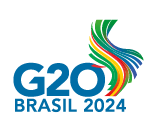Science for Global Transformation
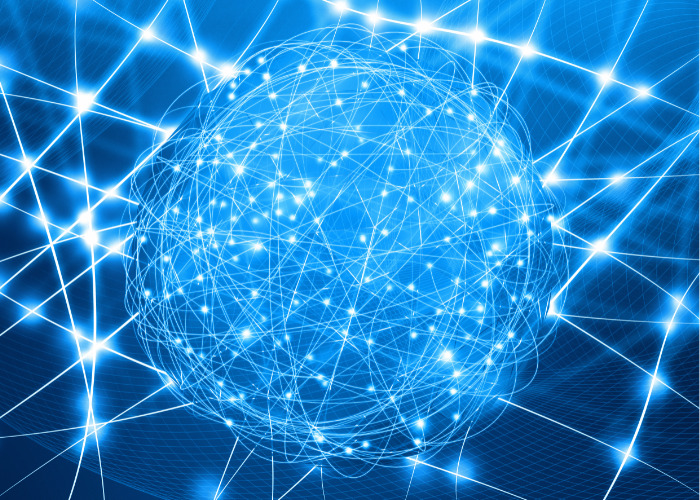

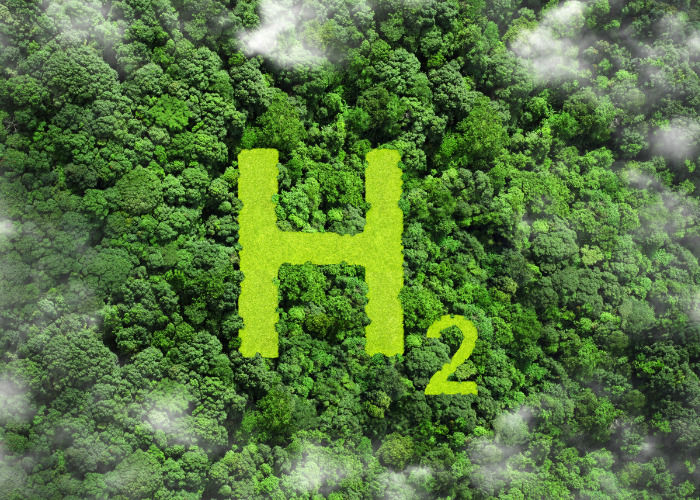


Ethics, social impact, regulation, and knowledge sharing
The progress of artificial intelligence (AI) technologies holds the potential to accelerate scientific advancements and research productivity. AI can empower scientists across diverse fields with these new tools. By integrating digital technologies and data science with disciplines such as physics, chemistry, biology, medicine, materials science, and engineering, the pace of scientific research can be significantly expedited, leading to valuable societal impacts. Although AI is being used in various sectors and phases of scientific research, its complete potential remains largely untapped. As developing nations strive to attain scientific and technological relevance, it is essential to prepare for these transformations by equipping the scientific community with skills and resources to work and develop artificial intelligence technologies. Additionally, it is vital for developing countries to collaborate as partners and active participants in constructing large scientific databases, mastering relevant methodologies and techniques within their respective fields of interest. Achieving this requires investments in infrastructure for data storage, communication, and world-class high-performance processing, as well as the training of qualified personnel capable of harnessing the power of AI technologies.
Artificial intelligence is a science and a powerful set of general-purpose technologies that offer opportunities to boost economic and social growth in developed and developing countries. AI is increasingly becoming an essential element in the research and innovation ecosystem, with the potential to drive discoveries, innovation, and economic growth in all areas of science and across all sectors of the economy and society. The adoption of digital technologies and data science across various sectors of society have resulted in the silent integration of AI. These technologies offer advantages, but also pose risks and tend to exacerbate economic inequality, disproportionately affecting certain communities over others.

Ethics, social impact, regulation, and knowledge sharing
Pushing the world toward a sustainable planet
The protection of the biodiversity has historically contrasted with an economic model based on the exploitation and extraction of natural resources, leading to the loss of substantial portions of different biomes. It seems that the current scenario of biome exploitation leads to severe losses in the biodiversity they harbor. It is in this scenario that researchers from various fields of knowledge are dedicated to discussing and modeling alternative forms of development that can combine these two tasks. These efforts appear to be coalescing around a concept that is still evolving: bioeconomy.

Pushing the world toward a sustainable planet
Science uniquely contributes to overcoming the world’s challenges nowadays in different fields. Human health, nutrition and livelihood are hurdles to overcome at the global scale. In less developed countries, poverty, lack of housing and jobs, associated with tropical diseases and malnutrition, impair the social and economic development of the nations, creating an unbalanced world. In the long term, all countries should work together, looking forward to healthy and stable economies and building peace and well-being for human society.
Renewable energies, social and economic considerations
Goal 7 of the Sustainable Development Goals (SDGs) points the need to “ensure access to affordable, reliable, sustainable and modern energy for all”. The energy transition is essential for achieving this goal, being a crucial shift in how we generate and consume energy, driven by the global imperative to combat climate change, address resource depletion, and enhance energy security. At its core, the energy transition involves departing from fossil energy sources, including oil, coal, and natural gas, and adopting renewable energy sources to establish a more sustainable and resilient future. This transition not only promises to reduce our environmental impact but also carries significant social and economic implications.
Although the results of COP28 were below the expected outcome, countries made a commitment to triple renewable energy capacity and double energy efficiency by 2030, moving away from fossil fuels in energy systems. Renewable energy, encompassing sources like solar, wind, and hydropower, represents a beacon of hope in our pursuit of a sustainable energy future. Unlike finite fossil fuels that contribute substantially to greenhouse gas emissions, renewable energy sources are characterized by their abundance and reduced environmental impact during electricity generation.

Renewable energies, social and economic considerations

Quality, equity, and access
Quality, equity, and access
Goal 3 of the Sustainable Development Goals (SDGs) outlines targets aimed at ensuring healthy lives and well-being for all, across all age groups, and target 3.8 specifically calls for countries to “achieve universal health coverage, including financial risk protection, access to quality essential health-care services and access to safe, effective, quality and affordable essential medicines and vaccines for all”. The achievement of universal health coverage with an emphasis on equity, community involvement, and participation holds the potential to drive improvements in various aspects of health, spanning mental health, chronic disease management, maternal and child health, and child development.
Furthermore, SDG 10 emphasizes the significance of reducing inequalities and leaving no one behind in the pursuit of sustainable development. This underscores the critical need to address global health inequality, particularly in terms of sharing resources and technologies to combat health crises while fostering international solidarity. A robust health system relies on effective communication strategies to disseminate health information, conduct health campaigns, and counter disinformation. These strategies should embrace a “whole-of-society” and “whole-of-government” approach, encouraging international collaboration, strengthening global capacity building, and engaging communities and healthcare professionals at the forefront, such as community health agents, as key contributors to raising awareness and sharing knowledge with the population.

Promoting inclusion, ending poverty, and reducing inequalities
Promoting inclusion, ending poverty, and reducing inequalities
Scientific development plays a pivotal role in promoting human and social well-being. The history of recent centuries reveals how humanity has benefited from the advancement in scientific knowledge, enabling significant transformations in people’s lives and society. Major technological innovations have led to remarkable progresses that represent significant milestones in the civilizational process. Lives have been saved, life expectancy has grown remarkably, resources have multiplied, providing well-being and comfort. Science provides an important way to understand the world, which can inform policy and personal decisions, improve human and ecological health and well-being, and promote knowledge and innovation. Technology and innovation are essential for economic development and social progress. Together, they expand the potential of knowledge. Their advancement should normatively and empirically enhance the well-being of society.
Nevertheless, they can also be potential instruments of disasters and injustices. The existential risks faced by humanity are evidence of this latent ambiguity. The climate crisis, concerns about the uncontrolled advancement of AI, pandemics, and nuclear threats are dramatic illustrations of the inherent ambiguity of science and technology as sources of progress, but also of their complete negation. The ambiguous duality of science and technology manifests in the patterns of distribution of socially produced goods. The advancement of knowledge and production techniques contributes to the spread of the appropriation and use of resources that can increase well-being but can also lead to the appropriation of resources and privileges that exacerbate social inequalities within and between countries.
New strategies and mechanisms are necessary to ensure that the products of science and technology reach society in a more equal, fast, and effective manner. Social inequality, characterized by the unjust distribution of resources and opportunities among various social strata, such as income, education, health, and employment, deprives large segments of the population of their well-being. Reducing internal and external disparities, a fundamental condition for social inclusion, is the path to be pursued, regardless of age, gender, disability, race, ethnicity, origin, faith, or economic status.
